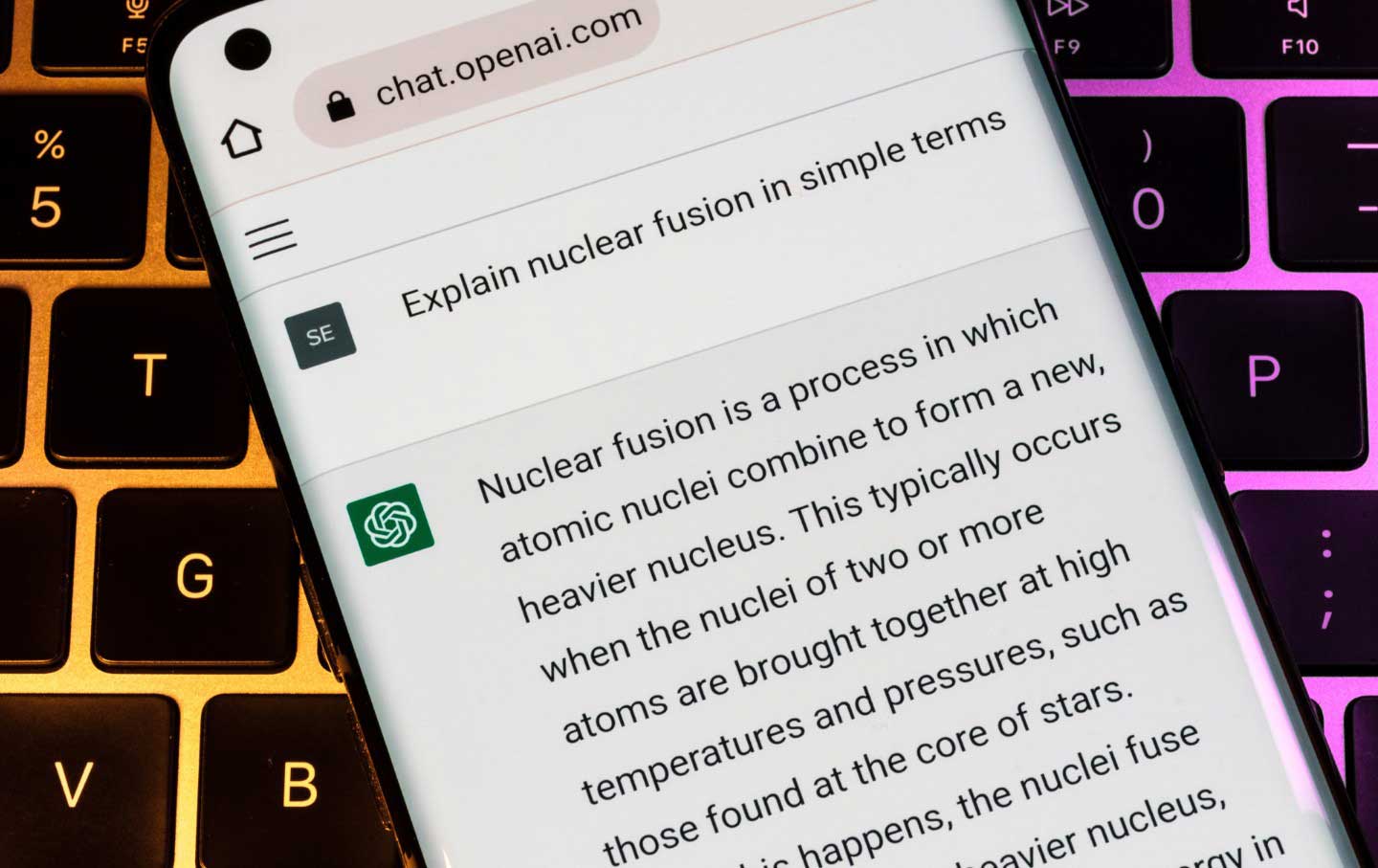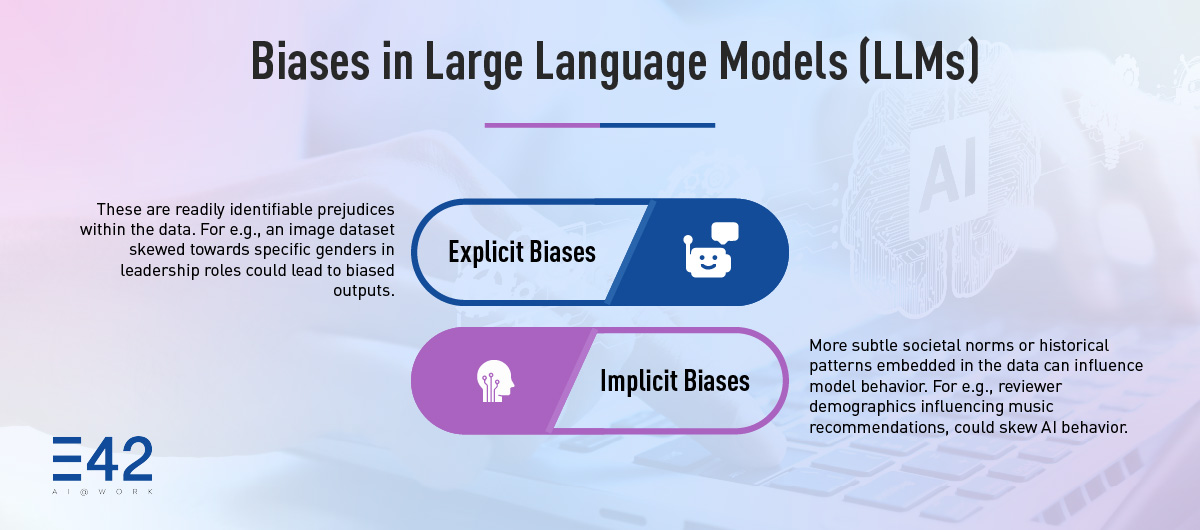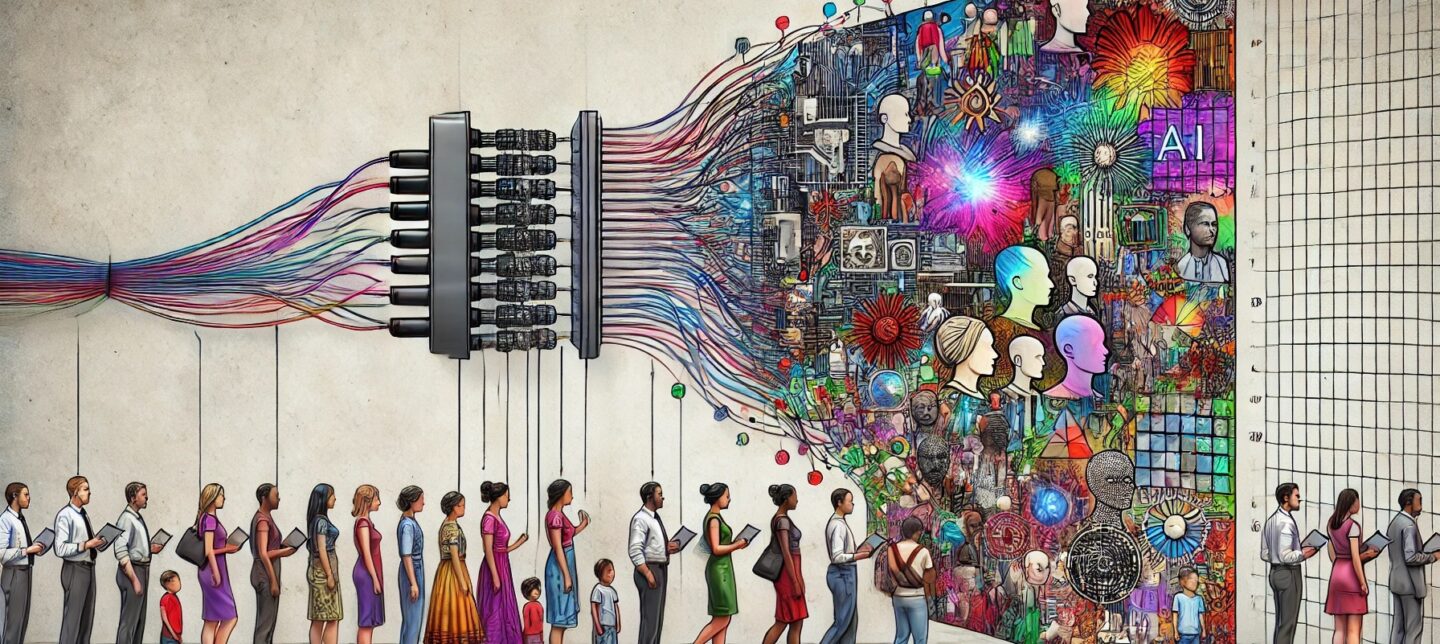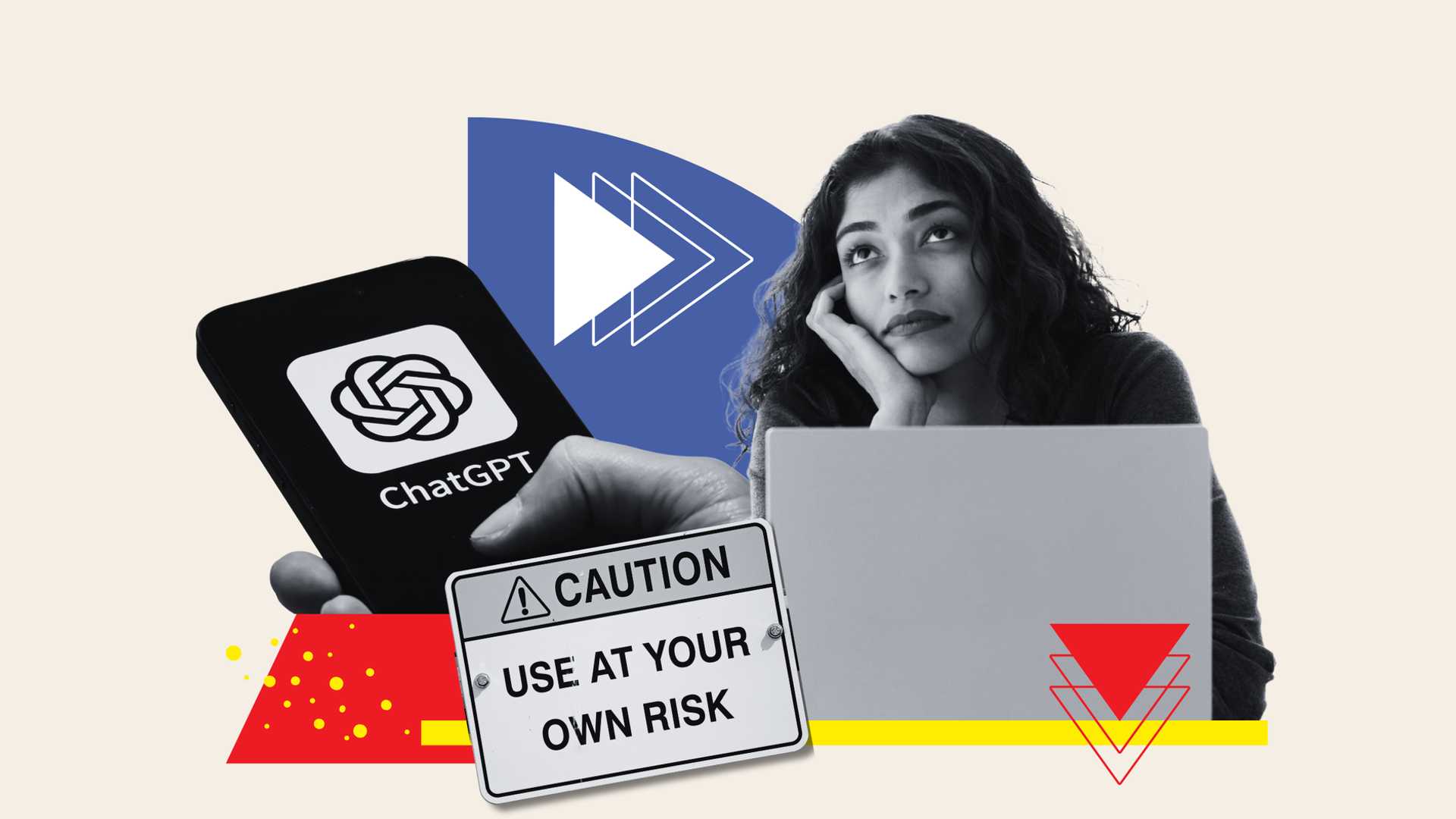American Students Are Relying On ChatGPT - At Their Own Risk ...
The use of generative artificial intelligence by students has increased over the last two years, but now research has revealed what is driving the trend. 
A new survey found that students appreciated the ability of large language models (LLMs) like ChatGPT to provide information without any judgement, with many respondents describing it as a "safe and supportive" learning tool.
The Ethical Dilemma
The use of artificial intelligence in academic work is one of the biggest ethical issues facing the education sector. Tools like ChatGPT, which are being updated regularly to be more intelligent, can serve a purpose in helping students' work, but there is a worry that an overreliance could lead to problems.
Last year, a study in the journal Computers and Education: Artificial Intelligence outlined that of 490 university students, one in four respondents (23.1 percent) relied on ChatGPT for drafting assignments and writing homework. This research has now been supported by a new report in the Tech Trends journal, which found that 78.7 percent of respondents were using generative AI regularly for their studies. 
The Double-Edged Sword
While students perceive AI as useful due to its non-judgmental nature and anonymity, the reliance on AI can be a double-edged sword. Research from MIT suggests that extended use of LLMs for research and writing could have long-term behavioral effects, such as lower brain engagement and laziness.
The study compared brain activity between students using ChatGPT and those using traditional writing methods, revealing that AI-assisted writers engaged their deep memory processes far less than the control groups, resulting in worse information recall skills after using ChatGPT.
The Influence of Bias
AI security expert Akli Adjaoute highlighted another pitfall for students using generative AI. He emphasized that AI systems, including ChatGPT, are influenced by human hands in their programming and cannot be completely free of bias.
Adjaoute explained, "AI does not invent knowledge. It learns from data created by people. If the data contains stereotypes or discrimination, the AI will absorb it. In many cases, it does not just copy the bias; it amplifies it." 
The Future of AI in Education
ChatGPT and other LLM tools are continuously updated, but the academic sector is not evolving at the same pace. There is still no united approach on how AI tools should be handled in education, raising concerns about the long-term impact on students' learning and cognitive skills.
As students continue to rely on AI for academic tasks, it becomes crucial for educators and policymakers to address the ethical implications and potential risks associated with this growing trend.










